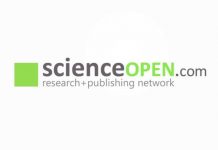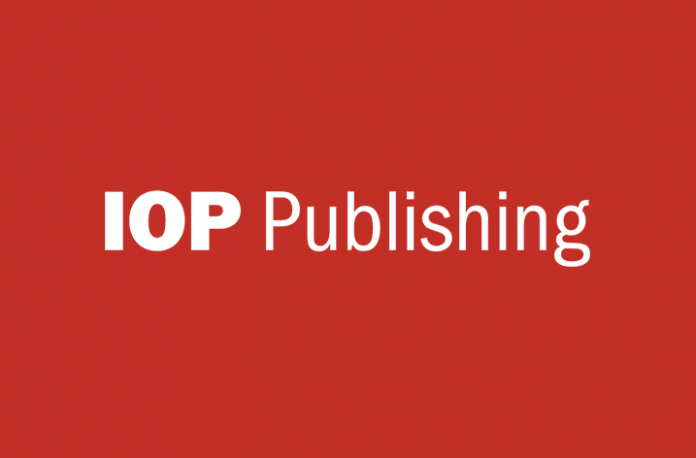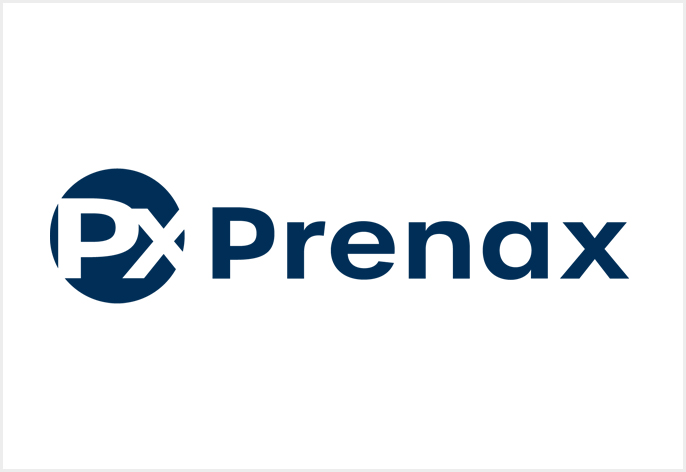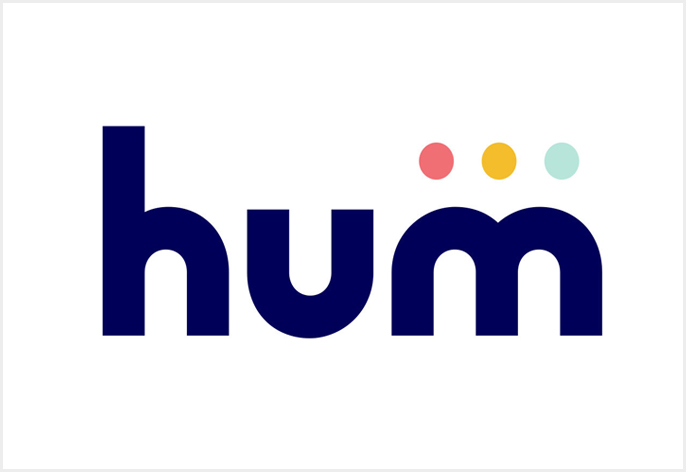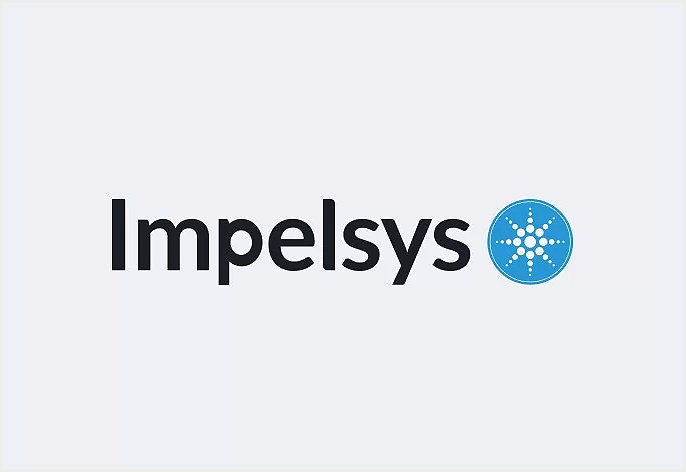At Clarivate, we believe research has the power to transform the world for the better. Last year, we announced the development of Web of Science Research Intelligence, a transformational AI-native software solution that enables research institutions to accelerate innovation and showcase societal impact, in close partnership with several institutions around the world. Since that time, artificial intelligence capabilities have evolved at an unprecedented pace, opening entirely new possibilities for how we can analyze, evaluate, and accelerate research—beyond what was imaginable when we first conceptualized the product.
As we move into the next phase of development, our first set of customers will begin using the platform this August, marking a significant milestone in our journey to redefine research intelligence. By embedding advanced agentic AI and deep semantic understanding at the heart of the platform, we are helping transform how research organizations navigate complexity, demonstrate impact and shape the future of knowledge.
Partnering with the research community
Our commitment to collaborative innovation remains at the heart of our product strategy. Developing Web of Science Research Intelligence in close partnership with leading academic institutions ensures that our solution meets the research community’s most pressing needs. By helping institutions enhance their funding prospects and global visibility, cultivate stronger research teams, and solidify their position as leaders in innovation and academia, we’re advancing a shared vision for the future of research.
Alasdair Macdonald, Director of Research and Innovation at Murdoch University, said:
“Murdoch University is proud to be a development partner on this next-generation research intelligence tool. Web of Science Research Intelligence has the potential to transform how we understand and assess research impact beyond the traditional academic impact tracking tools. Tools like this will help us better capture, measure, and demonstrate the real-world value of research, something that sits at the heart of our purpose in our strategic plan Building a Brighter Future, Together.”
Floris van der Leest, Manager of Research Performance Information, Impact, and Systems at the University of the Sunshine Coast, said: “From the outset, being part of a diverse group of universities shaping Web of Science Research Intelligence has been a privilege. Clarivate’s commitment to listening and adapting to stakeholder needs has been inspiring, resulting in an intuitive platform tailored to varied priorities with customized insights and actionable recommendations. Their innovative framework for societal impact, with eight facets blending leading and lagging indicators, is a refreshing, forward-thinking approach to analyzing research outcomes as well as supporting compelling proposals.”
Harnessing the power of agentic AI to deliver actionable insights
At the core of Web of Science Research Intelligence is a deep, semantic understanding of the global research ecosystem—spanning publications, patents, policy documents, funding sources, collaboration networks, and institutional performance metrics. This rich, interconnected data foundation enables a new class of agentic AI tools designed to deliver insights that drive intelligent, actionable research strategies.
By leveraging the agentic AI technologies now available within the Clarivate Academic AI platform, we have built a multi-agent system that integrates decision science, dynamic reasoning, and domain-specific language models within the solution so AI agents can seamlessly orchestrate complex research intelligence workflows. This agentic approach means that Web of Science Research Intelligence doesn’t just provide analytics—it understands context and reasons dynamically to provide intelligence beyond passive insights.
Each agent is designed to carry out complex tasks with minimal user input. By embedding agents in Web of Science Research Intelligence, we’re democratizing access to insight—empowering both advanced analysts and novice users to ask questions in natural language and receive relevant, explainable answers in seconds. The AI agents act as intuitive gateways to the product’s capabilities, guiding users through complex tasks such as discovering emerging research areas, identifying high-impact collaborators, matching researchers with funding opportunities, and evaluating societal impact. At every step, the human remains in control and in the loop—able to validate, refine, and investigate the underlying data—ensuring transparency, mitigating hallucination risk, and building trust in the insight delivered.
Beyond metrics: measuring societal impact
Last year, the Institute for Scientific Information (ISI) developed a comprehensive framework for evaluating the societal impact of research structured around eight key facets: Political & Policy, Legal & Governance, Economic, Human Capital, Medical, Social & Cultural, Technological, and Environmental. This framework will be available to Web of Science Research Intelligence users as part of the August release.
Societal Impact Profiles provide both forward-looking and retrospective indicators, offering a nuanced and adaptable view of research impact. The research performance indicators—spanning forward-looking metrics like relevance, collaboration, and transferability, to retrospective measures such as uptake in R&D beyond academia—offer a comprehensive view of how an institution’s research drives societal progress.
The platform also maps research outputs to the United Nations Sustainable Development Goals (SDGs) so institutions can evaluate and communicate their contributions towards global priorities such as climate action, good health and well-being, gender equality, and quality education. For both the SDG impact summary visualization and the Societal Impact Profile, users can drill down to view the underlying data and detailed metrics. AI-driven report summaries built on trusted research data can help institutions craft compelling narratives that strengthen funding proposals, improve global visibility, and secure long-term support.
As we approach our first customer release in August, we invite research institutions to join us in shaping the future of research intelligence. Together, we can harness AI to unlock new frontiers in evaluation, drive responsible innovation, and demonstrate the impact of research on society.
Learn more about Web of Science Research Intelligence or contact us to become an early adopter.














